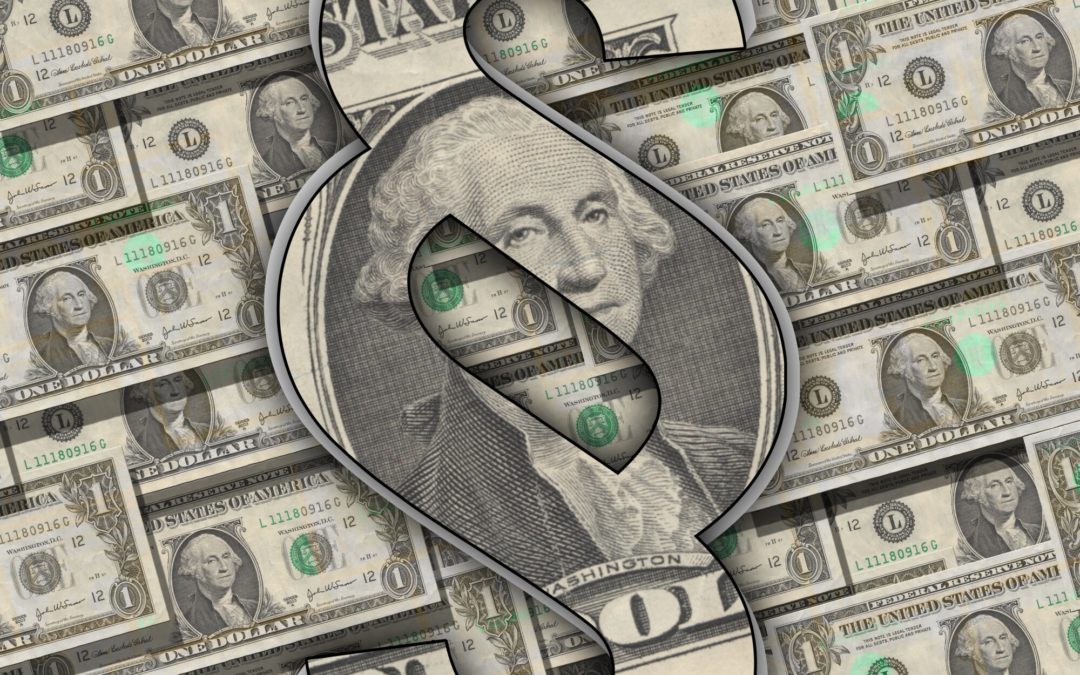In 2013, the Federal Trade Commission conducted a study on credit report accuracy and found that one in four customers identified errors on theirs that potentially affected their credit scores. If you don’t look at your annual credit report, this could be happening to you.
The purpose of a credit score is to prove your ability to pay off your purchases on time before accumulating interest. When you have a high credit score, it makes it easier for you to buy a home, get a low interest rate on loans, and much more.
If you find that your credit reporting agency or debt collector has violated any of your rights, you can hire an attorney and open an FDCPA or FCRA case. Your lawyer will likely consider hiring a credit expert to assist with the task of improving your credit score.
To learn more about how this professional will positively affect your case, keep reading.
What is the FCRA?
To understand when to hire a credit expert witness for an FDCPA or FCRA case, you need to learn what these acts are and the rules they contain. The federal government passed the Fair Credit Reporting Act in 1970. It protects consumers against credit agencies.
The FCRA permits you to look at your credit score once a year, dispute any inaccuracies, and prevents your agency from sharing your credit information with certain companies. There are specific guidelines as to which circumstances a consumer reporting agency can furnish a report.
One of them is if the consumer has granted the agency permission per written instruction. They can also share information in court with jurisdiction.
Then, there are instances in which the government needs to know your credit score. For example, when they need to determine if you can afford to pay for child support.
Those are just a few times when an agency is permitted to share a report. However, if the reason for sharing doesn’t fall under Section 604 of the FCRA, you can dispute it in court. Here a couple of other common ways that an agency can violate the FCRA:
- Including charges on your report that are more than seven years old or bankruptcies older than ten.
- Failing to remove inaccurate information within 30 to 45 days of your dispute.
What is the FDCPA?
The Fair Debt Collection Practices Act establishes guidelines for debt collectors regarding the practices they can use to contact you. According to the Federal Trade Commission, the FDCPA includes “credit card debt, auto loans, medical bills, student loans, mortgages, and other household debts.”
Its dominant purpose is to protect you from facing any harassment or abusive tactics used by debt collectors. When they do contact you, they have to do so within the hours of 8:00 a.m. and 9:00 p.m. Furthermore, they are required to tell you how much you owe and to whom, as well as the fact that you can ask for the creditor’s location and dispute the claim through a written form.
If the debt collector fails to follow one or more rules in the FDCPA and gather enough evidence against them, you can take them to court. In doing so, you could possibly negotiate and lower the amount of debt you owe. Hire a credit expert to increase your chances of winning your FDCPA case.
Why Hire a Credit Expert?
A credit expert alleviates some of the responsibility an attorney has in a case. They provide an unbiased perspective when looking at a client’s credit report and a credit agency or debt collector’s potential violations. If they find that your dispute is valid, they can help convince the court that your credit score needs updating or that your total debt should decrease as a result.
They come off as more trustworthy when presenting the facts in front of a jury because they aren’t legally obliged to support the attorney who has hired them. Moreso, they can explain the ins and outs of the case to the jury in simpler terms than perhaps an attorney was, making a more convincing argument.
Because your credit expert is so knowledgeable about credit and finances, they can answer questions from the other side of the floor without hesitation. Even though they aren’t technically representing your client, if you’ve got a solid case, this will be of benefit to you. When successful, they could earn your clients points back on their credit score.
When to Hire a Credit Expert
Because of the amount of preparation that goes into a court case, you want to hire a credit expert as soon as possible. The process of finding one that specializes in credit reports isn’t an easy one either. You have to do a background check on their education and other qualifications, former court experiences, and if they have good written and verbal communication skills.
Get Your Client’s Credit Score Corrected and Debt Decreased
Credit scores have such a large impact on an adult’s financial well-being. Understanding your rights or your client’s rights under the FCRA and the FDCPA is crucial when dealing with a credit report or debt collector violation. Additionally, finding a credit expert to assist you will boost your credibility in the case.
If you’re currently looking for one, contact our credit specialist. With about ten years of experience under his belt, Joe Chavarria is an expert in credit reporting, scoring, repair, and witness. Hire him to look at your client’s credit report and assist you with the court case.


Recent Comments